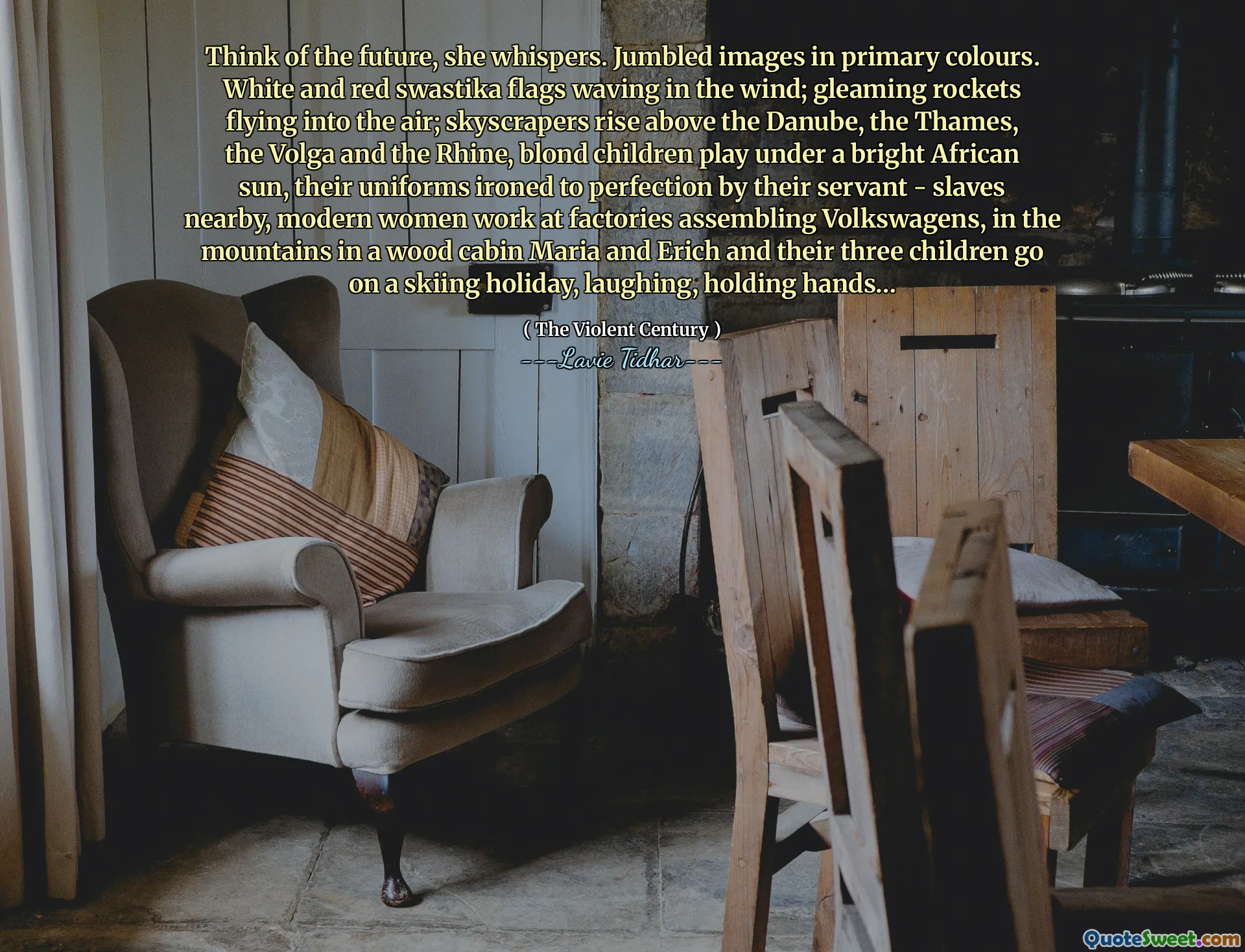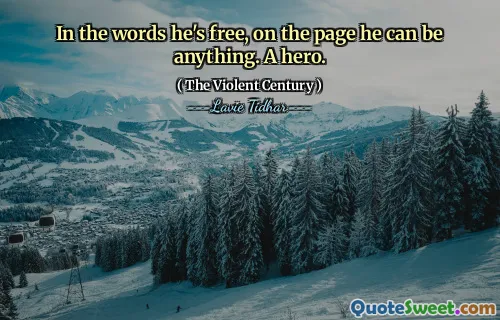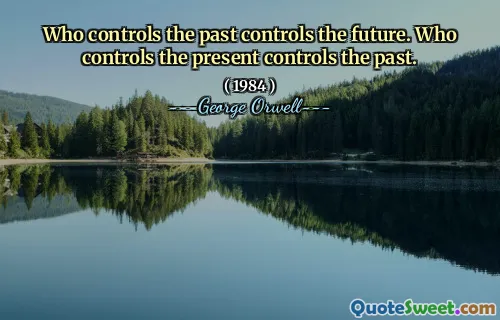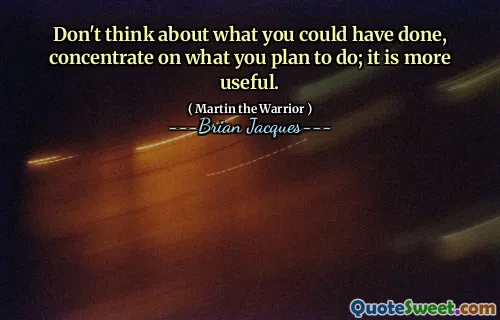
Think of the future, she whispers. Jumbled images in primary colours. White and red swastika flags waving in the wind; gleaming rockets flying into the air; skyscrapers rise above the Danube, the Thames, the Volga and the Rhine, blond children play under a bright African sun, their uniforms ironed to perfection by their servant - slaves nearby, modern women work at factories assembling Volkswagens, in the mountains in a wood cabin Maria and Erich and their three children go on a skiing holiday, laughing, holding hands…
This haunting quote from Lavie Tidhar's The Violent Century evokes a deeply complex and unsettling vision of the future. It jolts the reader with unsettling imagery tied to a dystopian or alternate historical era. The mention of white and red swastika flags immediately conjures the painful associations of fascism and totalitarianism, prompting the reader to think about the consequences of ideologies that abuse power and impose cruel hierarchies. The glittering rockets and rising skyscrapers contrast technological progress with the dark undertone of complicit slavery and systemic oppression, exemplified in the glaring depiction of servants or slaves ironing uniforms while blond children play. This juxtaposition exposes contradictions within visions of progress: technological advancement does not necessarily equate to moral improvement or freedom.
The depiction of women assembling Volkswagens is emblematic of industrial modernity, yet it also hints at enforced labor and the blurred lines between empowerment and exploitation. The picturesque family skiing holiday scene offers a veneer of normalcy and happiness, but within this idyllic image, questions arise about the underlying social and political realities shaping these lives.
The quote’s structure — disjointed and fragmented — mirrors the chaos and complexity of imagining a future clouded by conflicting forces of hope, oppression, and human resilience. It challenges the reader to reflect on history's impact on the future, the ripple effects of political ideologies, the price of progress, and the daily lived experiences of individuals caught between these forces. Ultimately, it serves as a powerful meditation on the dangerous allure of nostalgia and nationalism, and it warns of futures shaped by past injustices.
In sum, the passage demands uncomfortable reflection, highlighting how futures are not merely shaped by dreams and technology but are deeply entwined with history’s enduring shadows and societal contradictions.




